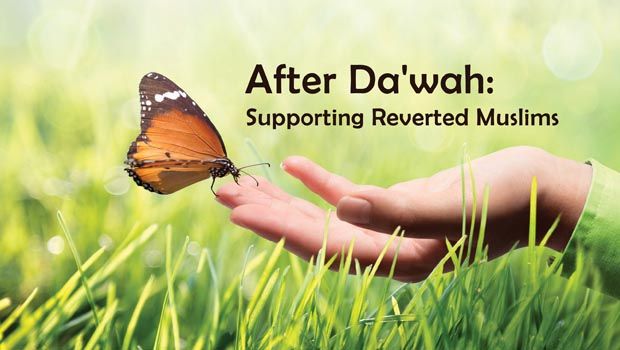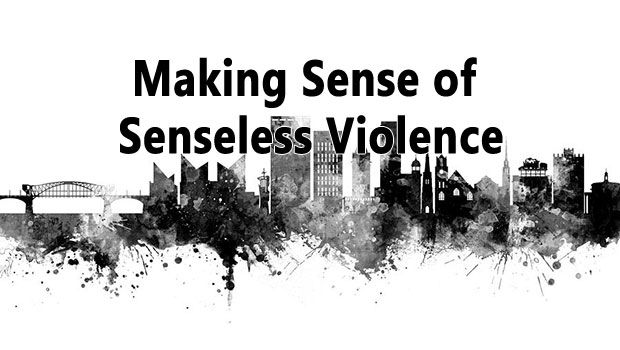Da’wah, that is, invitation to Islam, is an order of Allah, a practice of Prophet Mohammed (peace be upon him), and a necessary aspect of faith. When a person opens his or her heart to guidance from a da’i, with the mercy of Allah and His permission, and becomes a Muslim, what then does he or she experience in terms of the transition to living as a Muslim? Entering into the Muslim community, they often are not sure how to dress or whether to take a new name or keep the name their parents gave them at birth. New Muslims may not be sure how to proceed in learning the correct way to pray or fast, what books they should read to acquire more knowledge about Islam, or what needs to be changed in their dietary habits, and so on.
Follow-up with a new Muslim after da’wah is crucially important. Without help and support, the new Muslim might get discouraged or feel lost. It is essential for each community to have a plan and a structure in place to monitor the progress of a new Muslim in terms of his or her overall well-being, Islamic education, and assimilation into the community. The local Muslim community must take responsibility to help assimilate the revert. Otherwise the journey – from the first realization that Islam is the ultimate truth, to ongoing, lifelong efforts to increase knowledge, deepen eman, and conform one’s character and everyday behavior to Islam’s moral code – will be very difficult. His family might be indifferent to his conversion or even hostile, rather than supportive of his search for truth. The female revert may find that her family rejects her because of the Islamic dress requirements, or if she works, she may further find new challenges and difficulties at her job.
When a person opens his or her heart to guidance from a da’i, with the mercy of Allah and His permission, and becomes a Muslim, what then does he or she experience in terms of the transition to living as a Muslim?
If this new Muslim is coming out of prison, there are additional issues. There are 1.5 million inmates in the U.S., out of which over 100,000 are Muslims. Most were not Muslim when they entered the prison but then reverted through the guidance of Allah and the d’awah provided by fellow Muslim inmates, Muslim chaplains, or volunteers. Muslim inmates have many challenges and needs while in prison, and many more when they are released. While in prison, they face numerous obstacles from the prison system about their Islamic practices including praying, reading Qur’an, fasting, and eating halal food. Upon release, It may also be difficult for them to find a job or to find a local Islamic center where they feel welcomed and valued as a revert.
Abu Musa narrated that Prophet Muhammad, peace be upon him, said, “A faithful believer to a faithful believer is like the bricks of a wall, enforcing each other.” While [saying that] the Prophet clasped his hands, by interlacing his fingers. To fully support the new revert and reinforce his or her newly growing eman, communities can do a number of things as part of an overall plan. First, there should be a welcome committee in the Islamic center which oversees the welcoming of each new Muslim to their community. Second, the Islamic center can organize a mentoring program to provide one-to-one caring, guidance, and help to the revert. The mentor will be involved directly with the revert so as to know what his or her personal survival needs are, as well as providing extra emotional support when necessary. Third, a budget to provide financial assistance to those reverts who need it is essential since financial pressures on new Muslims can have devastating and lasting effects on their commitment to the deen. And finally, a class or series of classes for new reverts is extremely important so that they are provided with a solid foundation of basic Islamic knowledge upon which to build their dedication to Islam, a lifelong seeking of knowledge, and a sense of shared personal growth and religious conviction with other community members. They should be made to feel like they fit seamlessly, like a brick placed snugly, perfectly, into the strong wall of Muslim fellowship and solidarity – like Islam and their new community have become their stronghold and fortification for life.





